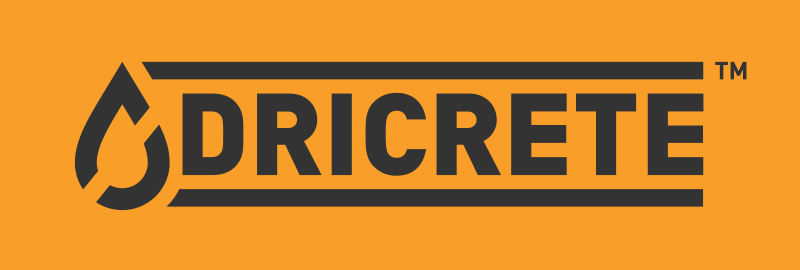To Save On Labor, Contractors And Owners Turn To A Surprising Ally: Chemistry

Contractors and the owners who hire them have always looked for ways to shorten construction timelines and shave costs off their budgets. But with the health and safety of their workforce top of mind, construction professionals have another priority: reducing the number of laborers who actually need to be on-site at one time.
While masks and temperature checks can help, reducing the human density of a construction site is perhaps the most effective tool for preventing viral transmission. To lower the amount of labor they need, contractors and owners are now enlisting the aid of scientifically advanced construction materials.
“We’ve definitely seen an increase in inquiries as a result of the shutdowns and site requirements,” said Tim Yeiser, president of Dricrete, a construction materials company. “Contractors are trying to get as much work done as quickly and efficiently as possible, and we’ve known for decades that one of the best ways to do that is to rely on chemistry.”
Yeiser’s flagship product is Dricrete, a concrete additive that forms an impermeable chemical lattice to keep water out. The product is mainly used in underground parking structures in multifamily and mixed-use buildings to keep out groundwater that could otherwise seep in and damage the structure.
To build underground parking facilities, contractors would typically need to painstakingly deploy a waterproof plastic membrane across the entire job site before they could begin pouring concrete. Depending on the size of the site, that process can require 10 to 15 people, Yeiser said. On sites that use more advanced materials, the need for labor is far lower.
“When contractors use Dricrete, the waterproofing material gets mixed in at the plant, so there’s no need to do any more work on-site, it’s a totally hands-off process,” Yeiser said. “We’ve poured entire parking garages with just one person working on-site.”
When normal concrete dries and shrinks, it leaves tiny pores and cracks all along the surface where water can seep in. But as soon as water touches concrete that’s been treated with a hydrophilic additive like Dricrete, the surface forms a new crystalline structure that fills up the holes, effectively creating a layer of armor that reinforces the structure, rather than weakening it.
By eliminating a dozen workers from the site, Yeiser said, subcontractors and contractors can keep their workforces healthier and safer in the face of the current coronavirus pandemic and can also use their teams’ time more effectively by staffing them on other projects.
But advanced construction materials save more than just labor. When they use a chemical additive like Dricrete, contractors can also eliminate the need to have plastic membranes delivered to the site, unloaded and wrangled into place. And while that may not sound like a lot of work, not having to wait for membranes to ship and be installed can shave an entire month off a project timeline, Yeiser said.
“Contractors and developers might have lost eight weeks or more to shutdowns and now they’re working against the clock to get the project in on time,” Yeiser said. “They can’t wait that extra month for plastic sheeting to be ready.”
Using a waterproofing additive can also save on space and costs because it eliminates the need to rent and store cranes, forklifts and other equipment that a contractor typically needs to take delivery and unload waterproofing membranes. It also eliminates the need to have workers on-site to operate that equipment.
Many contractors have turned to chemical additives because they also improve the life span of the concrete, Yeiser said. Especially at a time when developers are concerned with every bit of yield that a project will give them, not having to regularly maintain and repair an underground parking structure can be a boost to operating income.
While materials like Dricrete have seen an increase in demand in the face of the current health crisis, Yeiser argued that using chemistry to speed up the construction process was a smart choice long before the coronavirus outbreak, and will continue to be long after the pandemic is over.
The heart of the issue, Yeiser said, is that many contractors are used to the painstaking process of ordering and installing plastic waterproofing, and they tend to stick with what they know. But as huge names in the construction business like McCarthy Contracting have begun using Dricrete on some of their projects, Yeiser hopes that other contractors will try a more advanced and cost-effective method for building underground structures.
“Waterproofers are like the dentists of the construction industry,” Yeiser said. “Everyone thinks of the plastic membranes as a necessary evil and something they just have to get through. We want to show contractors and developers that science has a better way.”
This feature was produced in collaboration between the Bisnow Branded Content Studio and Dricrete. Bisnow news staff was not involved in the production of this content.

